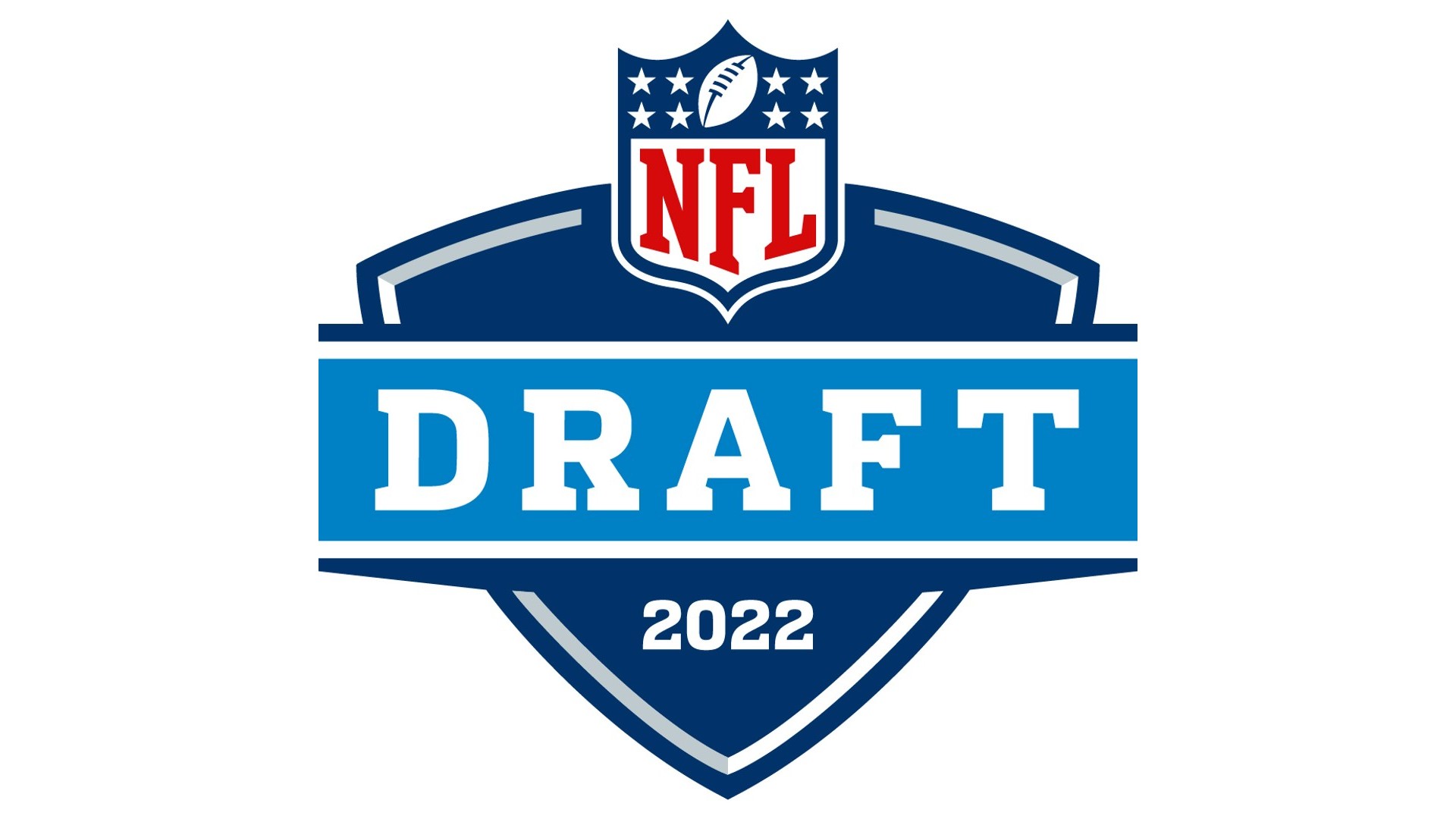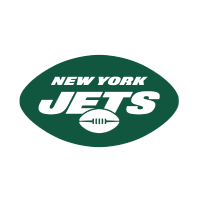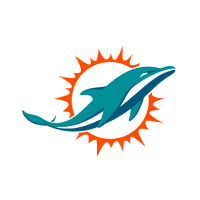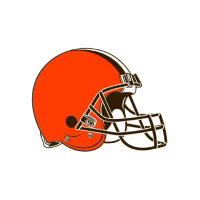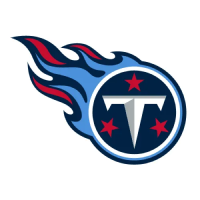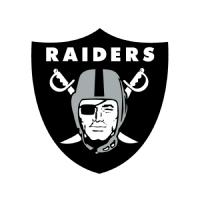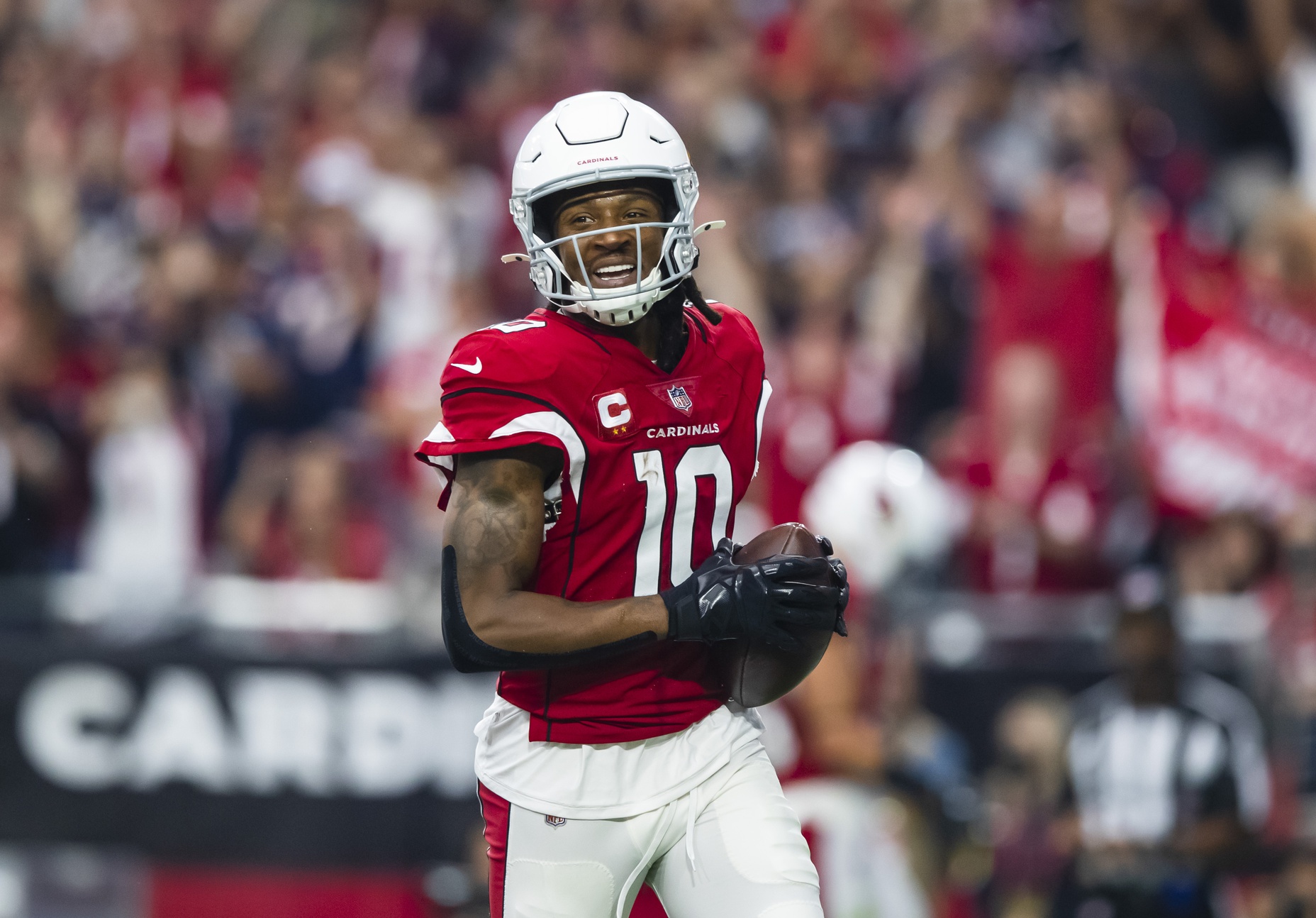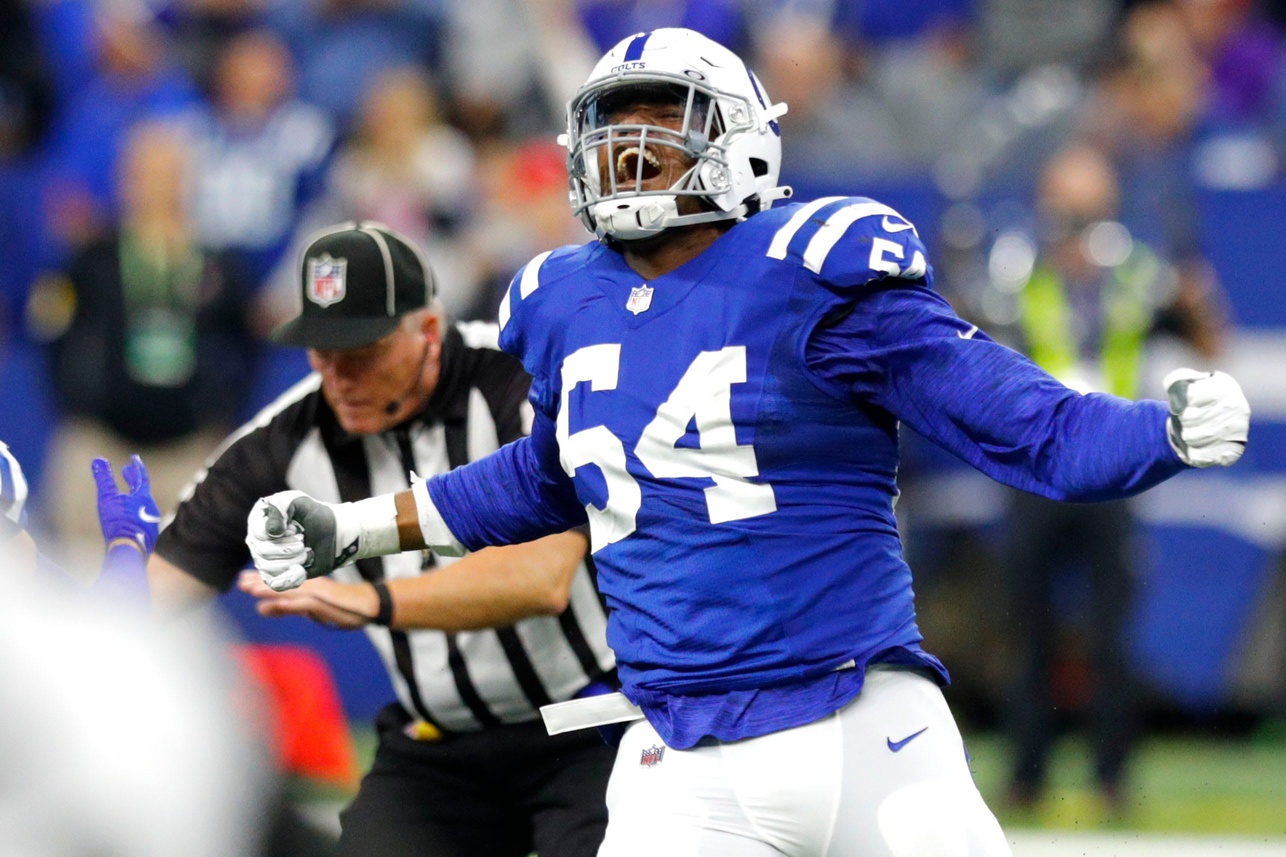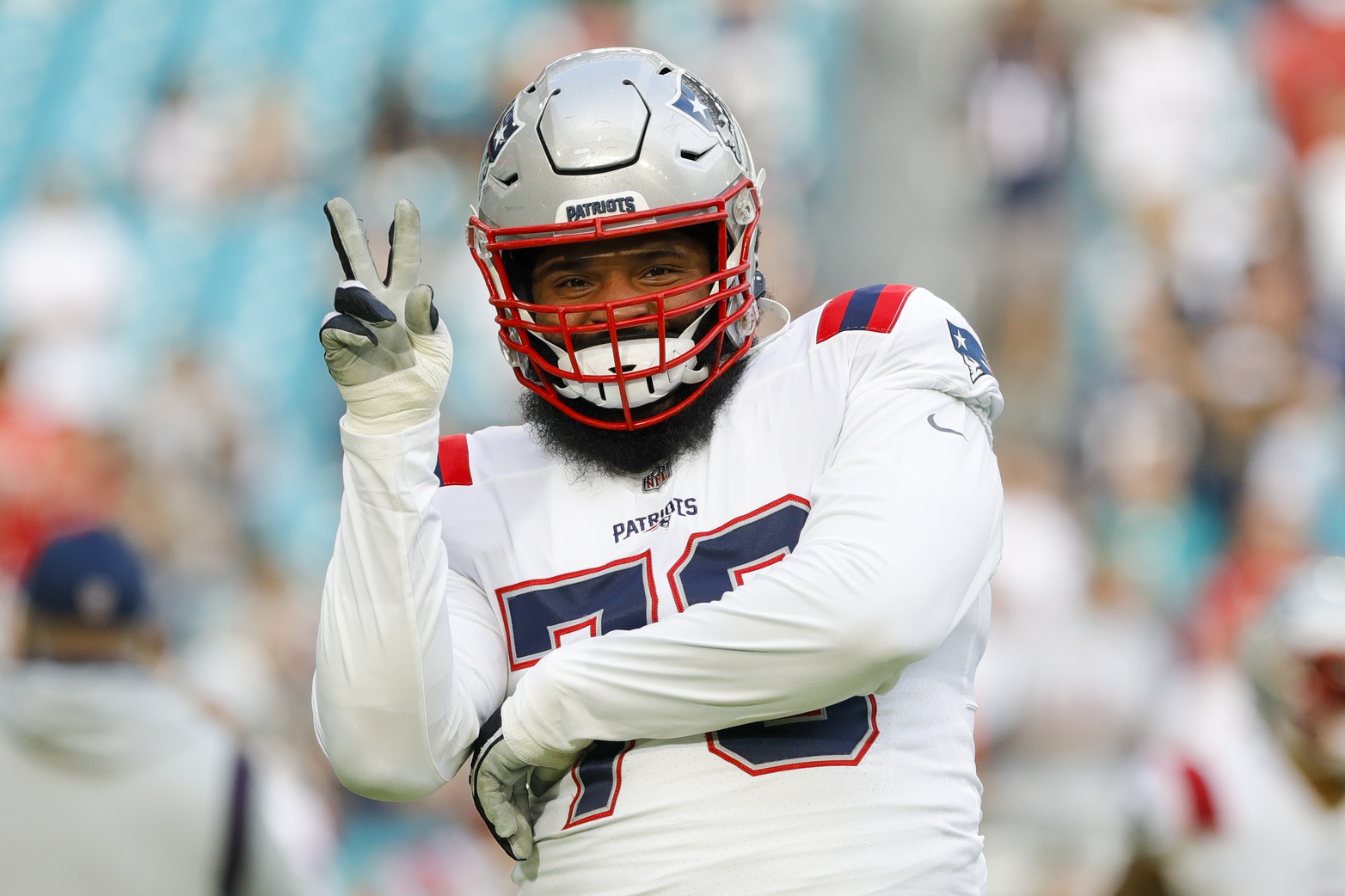The Arizona Cardinals were dealt a massive offseason blow when it was announced that superstar wide receiver DeAndre Hopkins has been suspended for the first six games of the 2022 regular season for violating the league’s NFL Performance Enhancing Drug policy. Hopkins immediately responded to the suspension via a statement released on his official social media accounts. The Cardinals must power through the unfortunate news, but discussions regarding how it potentially impacts Hopkins’ long-term reputation have begun to emerge.
Still in the prime of his illustrious playing career, Hopkins has strung together an impressive six 1,000-plus-yard seasons and may be considered a candidate for the Hall of Fame once his playing days reach their ceremonial close. Legendary Cardinals receiver Larry Fitzgerald says Hopkins’ suspension shouldn’t alter his chances of receiving a Gold Jacket.
“I don’t think so,” Fitzgerald answered when asked by TMZ if he thought Hopkins’ legacy would be tainted. “He’ll still be a Hall of Famer. He’s talented. He’ll work through it. It’s just some adversity and, you know, he’s a tough guy, resourceful, and he’ll work his way through it.”
Fitzgerald brings up a debatable topic that’s certainly worth exploring in further detail. The Pro Football Hall of Fame Selection Committee has often taken off-field reputation into account when voting on an annual basis. Dominating the competition between the white lines isn’t always enough to grant a retired player entrance into the league’s most exclusive and prestigious club. It’s partially why Terrell Owens, undeniably one of the greatest receivers to ever play the game, wasn’t granted entrance into the Hall until his third year of eligibility. Owens’ routine disruptive antics made his induction more complicated than what appeared on the surface.
The use of illegal banned substances is an issue pro football has rarely dealt with in regards to Hall of Fame candidates, but there are a few examples worth pointing to. Lawrence Taylor and Bruce Smith represent two inductees who were voted in despite some questionable off-field behavior. Taylor’s struggles with substance abuse were well documented throughout his playing career and when he first became eligible for induction in 1999, there were some concerns that Taylor’s lifestyle could potentially hamper his candidacy. Those concerns proved to be unfounded and Taylor was voted in on the first ballot. Smith suffered from substance issues throughout his playing career as well, but it didn’t stop the legendary sack artist from being a first-ballot inductee to the NFL Hall of Fame in 2009.
It’s worth noting that Taylor and Smith struggled with recreational drug use. The use of performance-enhancing drugs, which Hopkins has been found guilty of by the NFL, may be viewed entirely differently by the league’s selection committee. Respecting the merits of the game has often been discussed in other sports that have struggled with performance-enhancing drugs in relation to a player’s Hall of Fame candidacy, particularly in pro baseball, which often shuns its former stars from the prestigious Hall due to steroid usage (Barry Bonds and Roger Clemons are not Hall of Famers).
Exploring precedence is often the best way to settle these debates, and although it’s difficult to pinpoint a previous example that qualifies as similar, a particularly notable one may be heading down the pipeline shortly. Carolina Panthers legend Julius Peppers becomes eligible for entry into the Pro Football Hall of Fame in 2024. A nine-time Pro Bowler and member of the NFL’s 2000s and 2010s All-Decade Team, Peppers qualifies as an obvious Hall of Fame talent on paper. He’s Carolina’s all-time sacks leader with 97 quarterback takedowns and his 159.5 career sacks rank fourth in NFL history, just behind the aforementioned Smith, Reggie White, and Kevin Greene. How Peppers’ potential outcome could directly link to Hopkins’ eventual fate is simple. As a rookie, Peppers was suspended for the final four contests of the 2002 regular season for testing positive for a banned substance.
Whether or not Hopkins’ on-field play warrants consideration is another debatable topic altogether, and at just 29 years of age, his playing days are possibly far from over. A lack of meaningful postseason success with the Houston Texans and Cardinals could also hurt his chances. His recent suspension for violating the league’s NFL Performance Enhancing Drug policy has welcomed another potentially divisive subtopic into the debate. Witnessing how Peppers’ eventual situation plays out may lend an answer to a new-found question and debate that may become more prevalent over time.
Filed In
Related Articles
NFL
Dayo Odeyingbo Looks Healthy, Ready To Wreak Havoc For Colts
- Aug 22, 2022
NFL
3 Teams That Should Trade For Isaiah Wynn
- Aug 22, 2022
Written By
